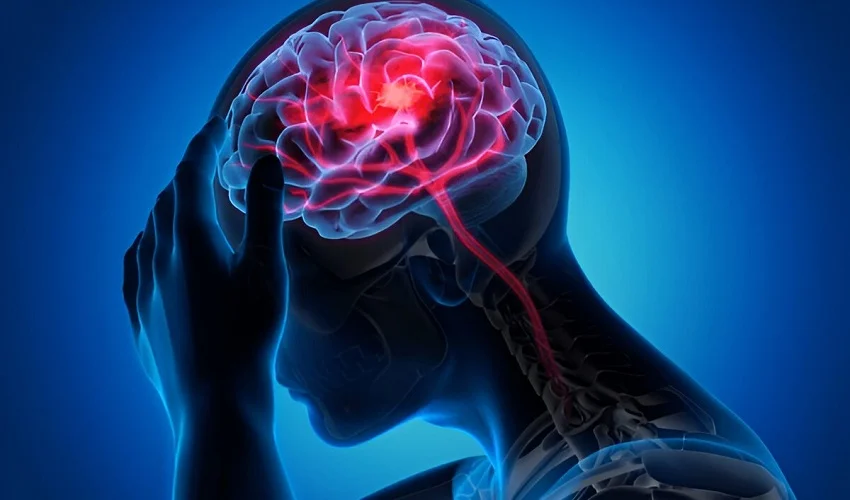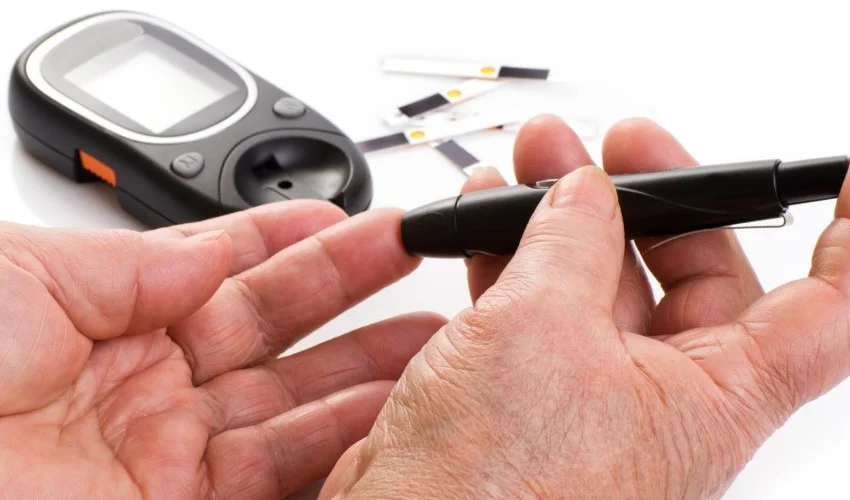Imagine waking up one morning feeling disoriented, your thoughts sluggish and unclear. You reach for a glass of juice, suspecting low blood sugar, but the haze persists. Individuals suffering with diabetes or conditions that affect blood sugar regulation can go into hypoglycemia, which is a common emergency and can be more than a momentary inconvenience. It can lead to severe complications, including brain injury. Let’s explore what hypoglycemic brain injury is, why it happens, and how to prevent it.
What is Hypoglycemic Brain Injury?
Hypoglycemic brain injury occurs when critically low blood sugar levels deprive the brain of glucose, its primary energy source. Without sufficient glucose, brain cells struggle to function and may sustain damage. This condition is rare but serious and can have lasting effects on memory, cognitive function, and overall brain health.

Blood sugar levels below 70 mg/dL are generally considered hypoglycemic. Severe hypoglycemia typically occurs when levels drop below 40 mg/dL.
How Does Hypoglycemia Affect the Brain?
The brain relies almost entirely on glucose for energy [1]. The following can happen if someone goes into hypoglycemia:
- Reduced Energy Supply: Brain cells cannot perform their essential functions due to lack of energy supply, which can cause confusion, dizziness, and in severe cases, loss of consciousness.
- Cellular Damage: Prolonged glucose deprivation in the brain cells can result in neuronal injury or even cell death.
- Cognitive Impairments: Memory issues, slowed processing, and concentration difficulties may arise.
Symptoms of Hypoglycemic Brain Injury
These are some signs of hypoglycemia and potential brain injury such as the following:
- Severe confusion or inability to speak coherently.
- Seizures.
- Loss of consciousness.
- Persistent headaches or memory lapses after recovery from hypoglycemia.
If you or someone you know experiences these symptoms, seek medical help immediately.
Who is at Risk?
Individuals with the following conditions or factors are more susceptible to hypoglycemia:
- Type 1 Diabetes: Insulin-dependent individuals are at higher risk due to fluctuations in their blood sugar levels.
- Prolonged Fasting: Extended periods without eating can lead to dangerously low glucose levels depriving brain cells of required energy.
- Excessive Insulin Use: Over-administering insulin or taking diabetes medications without eating or aggressive management of diabetes can often lead to low sugar levels. Therefore, it is recommended to gradually develop a care plan for diabetics instead of an aggressive treatment plan.
- Alcohol Consumption: Alcohol impairs the liver’s ability to release stored glucose [2].
A Patient’s Experience
“Last year, I skipped lunch after taking my insulin dose. I felt weak and dizzy by evening. I became unconscious. When I woke up in the hospital, doctors told me my blood sugar was dangerously low, and I had a mild hypoglycemic brain injury.” – Sarah, 42
Prevention Strategies
You can prevent hypoglycemic brain injury requires with proper proactive management of blood sugar levels. Here are some tips to follow:
- Monitor Regularly: Keep a close eye on blood sugar using a continuous glucose monitor (CGM) or glucometer.
- Balanced Diet: Include complex carbohydrates, proteins, and healthy fats in every meal to maintain stable glucose levels through appropriate diabetic meal planning.
- Carry Emergency Supplies: Always have fast-acting carbohydrates like glucose tablets or juice. Understand the role of carbs in the diet of a diabetic person. Some people deprive themselves of carbohydrates entirely, which may not be correct.
- Avoid Skipping Meals: Consistent eating patterns help regulate blood sugar. Do not skip meals. If at all you have to, be careful of adjusting your medication accordingly.
- Communicate with Your Doctor: Discuss medications, lifestyle, and any recent hypoglycemic episodes to adjust your treatment plan with your diabetes healthcare team.
- Glucose tablets or gel.
- Small juice box.
- Emergency contact information.
What to Do in an Emergency
If you suspect severe hypoglycemia in yourself or someone else:
- Act Fast: Administer glucose through tablets, gel, or a sugary drink if the person is conscious.
- Seek Help: Call emergency services if symptoms persist or worsen.
- Use Glucagon: For severe cases, a glucagon injection may be necessary. Learn how to administer it if you care for someone with diabetes.
Recovery and Long-Term Management
If you see someone into a hypoglycemic episode, give time to recover the brain by prioritizing rest, hydration, and balanced nutrition. Discuss any lingering symptoms with your doctor, as they may indicate residual effects or the need for changes in your treatment plan.
Hypoglycemic brain injury may sound alarming, but it is preventable with careful management and awareness [3]. It’s a common risk associated with people with severe diabetes, particularly if you are on insulin. You should understand your body’s needs, stay prepared, and work closely with healthcare professionals who can significantly reduce your risk of hypoglycemia. Remember, your brain is your most vital organ — keep it fueled and healthy and give it the attention it needs.
Trusted resources:
- Sue Ritter. “Monitoring and Maintenance of Brain Glucose Supply.” National Center for Biotechnology Information (NCBI), 2017.
https://www.ncbi.nlm.nih.gov/books/NBK453140/ - Mount Sinai. “Diabetes and Alcohol.” Mount Sinai Health Library. Last modified May 12, 2023.
https://www.mountsinai.org/health-library/selfcare-instructions/diabetes-and-alcohol - Elizabeth R. Seaquist, John Anderson, Belinda Childs, et al., “Hypoglycemia and Diabetes: A Report of a Workgroup of the American Diabetes Association and The Endocrine Society.” Diabetes Care 36, no. 5 (2013): 1384–1395.
https://diabetesjournals.org/care/article/36/5/1384/29546/Hypoglycemia-and-Diabetes-A-Report-of-a-Workgroup




